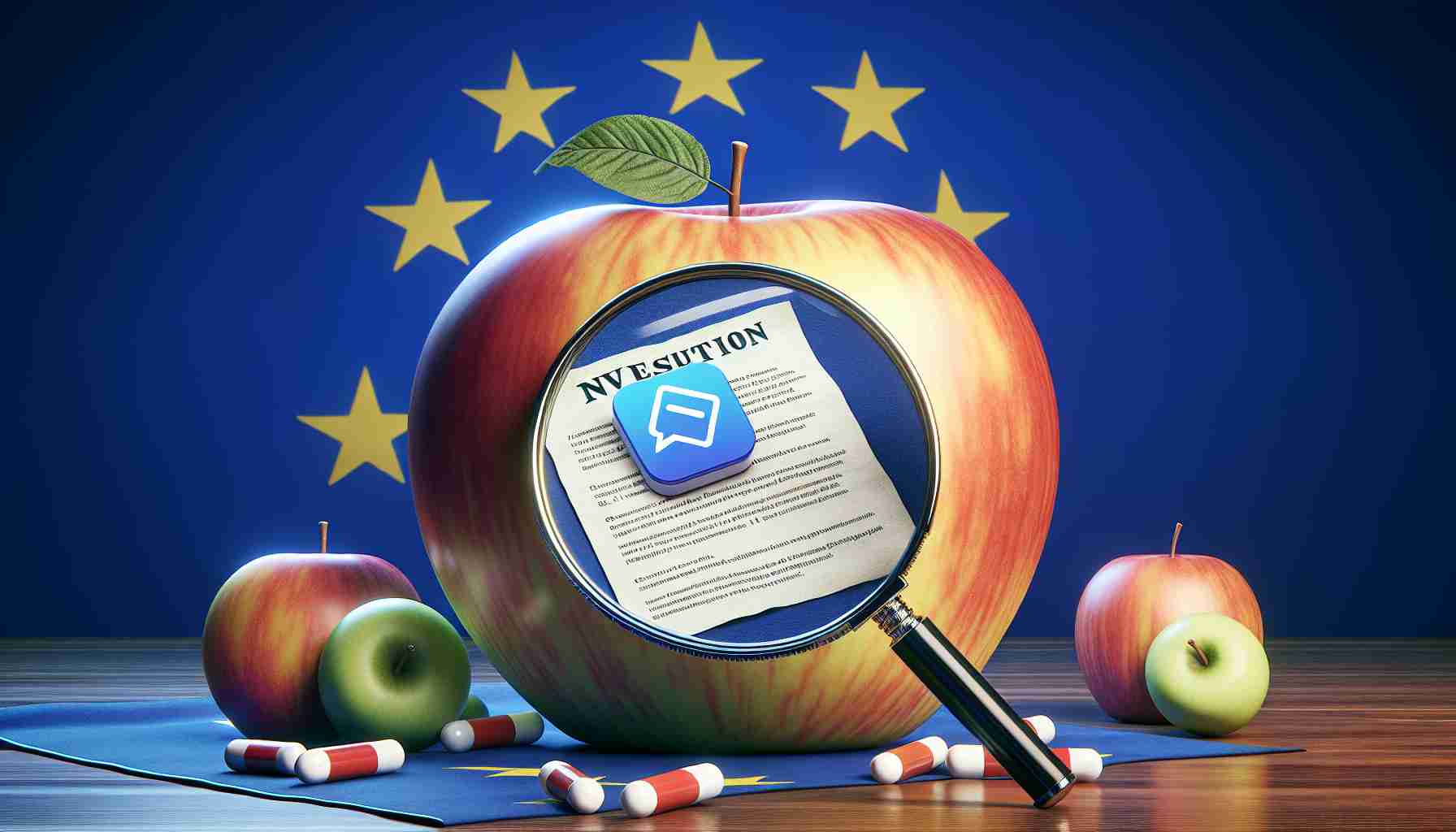Apple’s App Store policies have come under fire from EU regulators for restricting app developers’ ability to direct consumers to other options. The European Commission, in its investigation findings, stated that Apple’s rules violate EU tech regulations, specifically the Digital Markets Act. The Commission accused Apple of inhibiting developers from guiding users towards alternative deals or platforms.
Following the launch of the investigation in March, the European Commission officially sent its preliminary conclusions to Apple for review. In addition to the allegations regarding consumer choice limitations, the EU executive body is launching a separate probe into the Cupertino-based tech giant’s new contractual obligations for third-party developers and app stores.
The focal point of the investigation is Apple’s constraints on developers regarding customer interactions and pricing information within their apps. The EU watchdog emphasized that developers are unable to freely engage with their customers to promote offers outside of the App Store ecosystem.
This inquiry sets the stage for a potential clash between Apple and EU authorities over market practices and competition regulations within the digital landscape. The outcome of the investigation could have significant implications for how app stores operate and the extent of control tech giants exert over developers and consumers.
Apple Faces EU Scrutiny Over App Store Rules: Unveiling Key Questions and Controversies
Amid the ongoing investigation by the European Commission into Apple’s App Store policies, several crucial questions and controversies have emerged that shed light on the complex dynamics at play. Let’s delve into some of the pivotal issues surrounding this high-profile scrutiny:
1. What are the specific concerns raised by the EU regulators regarding Apple’s App Store rules?
In addition to the restrictions on app developers directing consumers to alternative options, the EU investigation has also highlighted Apple’s new contractual obligations for third-party developers and app stores. These requirements have raised concerns about fair competition and consumer choice within the digital marketplace.
2. How do Apple’s constraints on customer interactions and pricing impact developers and consumers?
One of the key challenges highlighted in the investigation is Apple’s limitations on developers’ ability to freely engage with their customers to promote offers outside the App Store ecosystem. This not only affects developers’ revenue streams but also hampers consumer choice by restricting access to potentially better deals or platforms.
Advantages and Disadvantages:
On one hand, Apple’s strict control over the App Store ecosystem has helped maintain a secure and user-friendly environment for millions of consumers. The company’s curation and review processes have contributed to the overall quality of apps available to users. However, the disadvantages lie in the potential stifling of competition and innovation, as developers may be deterred from creating innovative solutions due to the limited scope for growth and monetization.
With the clash between Apple and EU authorities intensifying over market practices and competition regulations, the outcome of this investigation has the potential to reshape the landscape of app store operations and redefine the power dynamics between tech giants, developers, and consumers.
For more information on the latest developments in the tech industry, you can visit Tech Crunch. Explore in-depth analyses and up-to-date coverage of the digital landscape.
